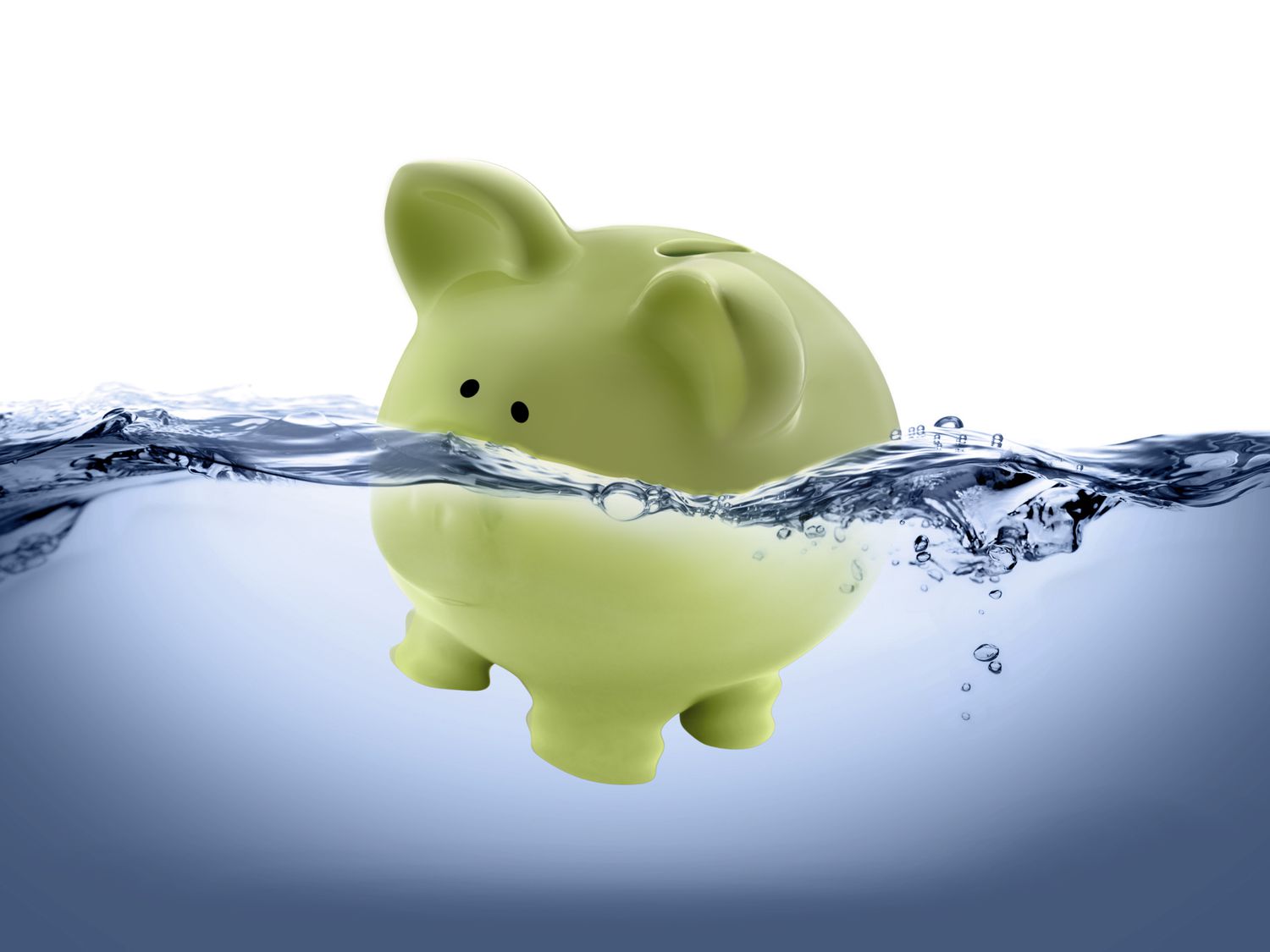
Your mortgage interest rate significantly impacts your monthly payments and the total amount you pay over the life of your loan. Even a small difference in interest rates can mean thousands of dollars saved or lost. Understanding how to get the best interest rate on your mortgage can help you secure favorable terms and save money.
1. Improve Your Credit Score
Lenders use your credit score to determine the risk of lending to you. Higher scores typically result in lower interest rates. To improve your credit score:
-
Pay bills on time.
-
Reduce outstanding debt.
-
Avoid opening new credit accounts before applying for a mortgage.
-
Check your credit report for errors and dispute inaccuracies.
2. Increase Your Down Payment
A larger down payment reduces the lender’s risk, often leading to better interest rates. Aim for at least 20% to avoid private mortgage insurance (PMI) and qualify for lower rates.
3. Compare Multiple Lenders
Different lenders offer different rates, so shopping around is crucial. Get quotes from:
-
Banks
-
Credit unions
-
Mortgage brokers
-
Online lenders
Use a mortgage rate comparison tool to find the best deal.
4. Choose the Right Loan Type
Interest rates vary depending on the loan type:
-
Fixed-Rate Mortgages: Stable but typically have higher initial rates.
-
Adjustable-Rate Mortgages (ARMs): Start with lower rates but can increase over time.
Choose the best option based on how long you plan to stay in your home.
5. Lock in Your Interest Rate
If rates are favorable, consider locking in your rate with the lender to prevent changes before closing. Rate locks typically last 30-60 days.
Final Thoughts
Getting the best interest rate on your mortgage requires preparation, from improving your credit score to comparing lenders. By making strategic financial decisions, you can secure a lower rate and save money over the life of your loan.
Keyword Density: How to get the best interest rate on your mortgage



